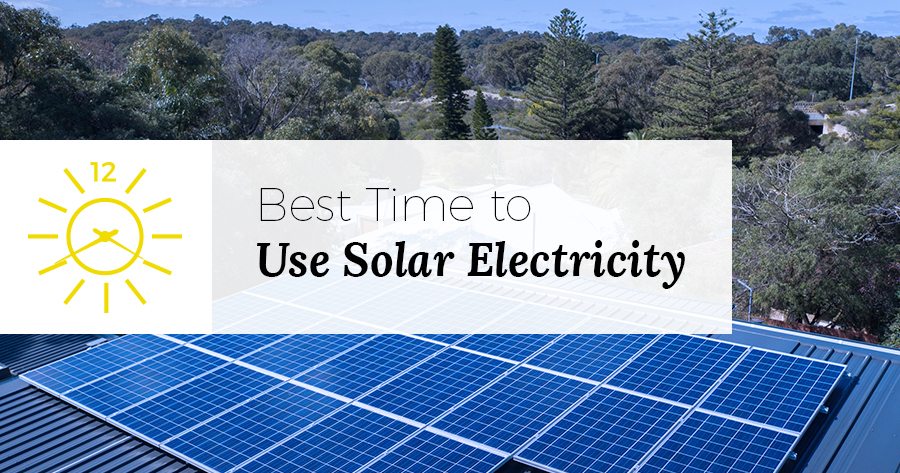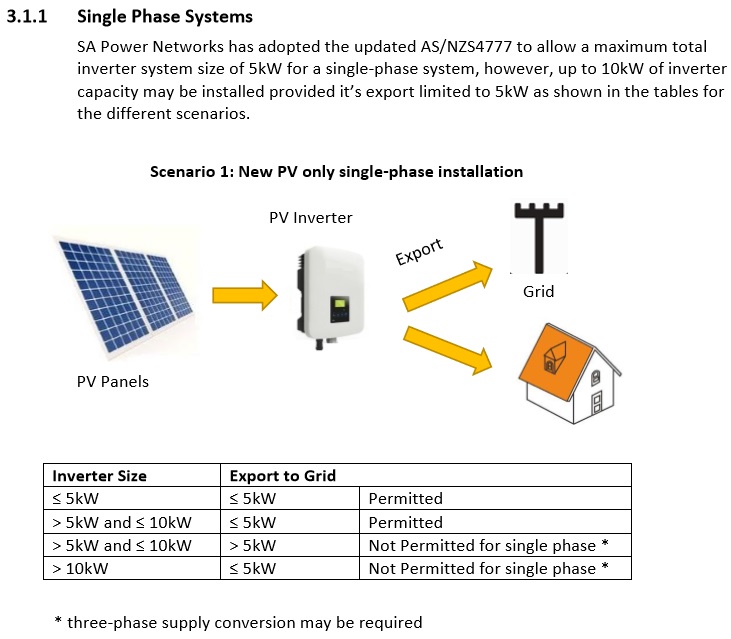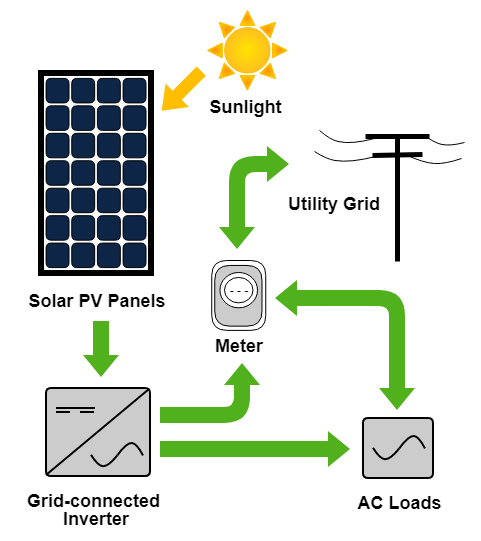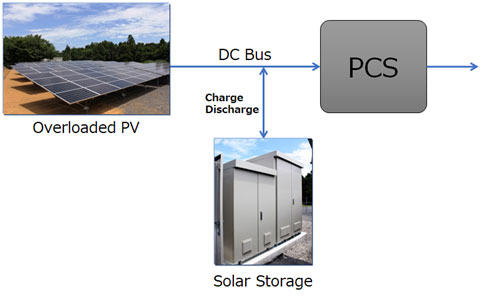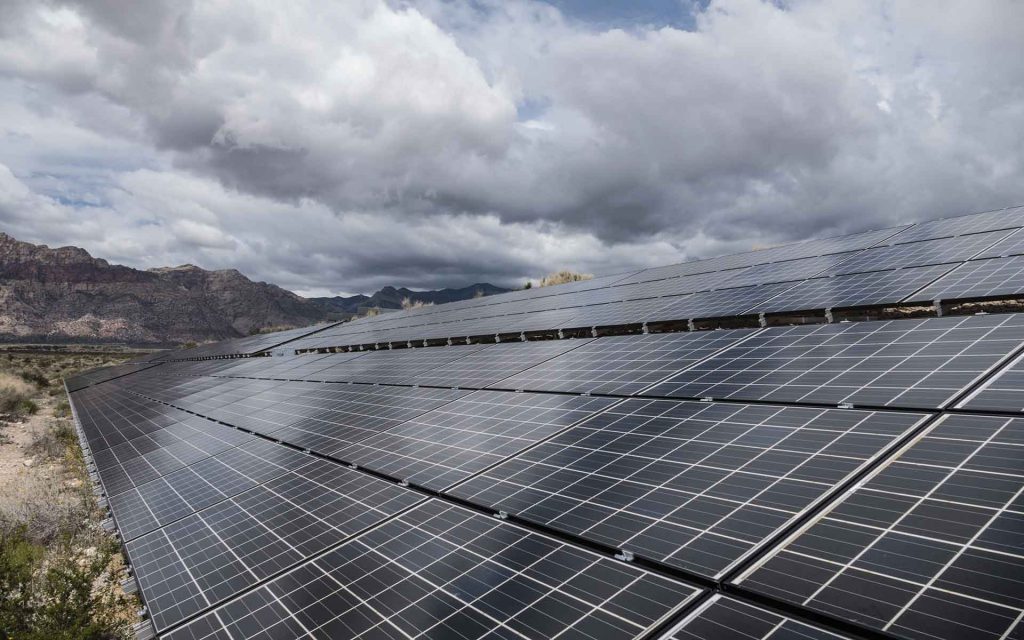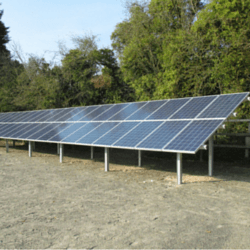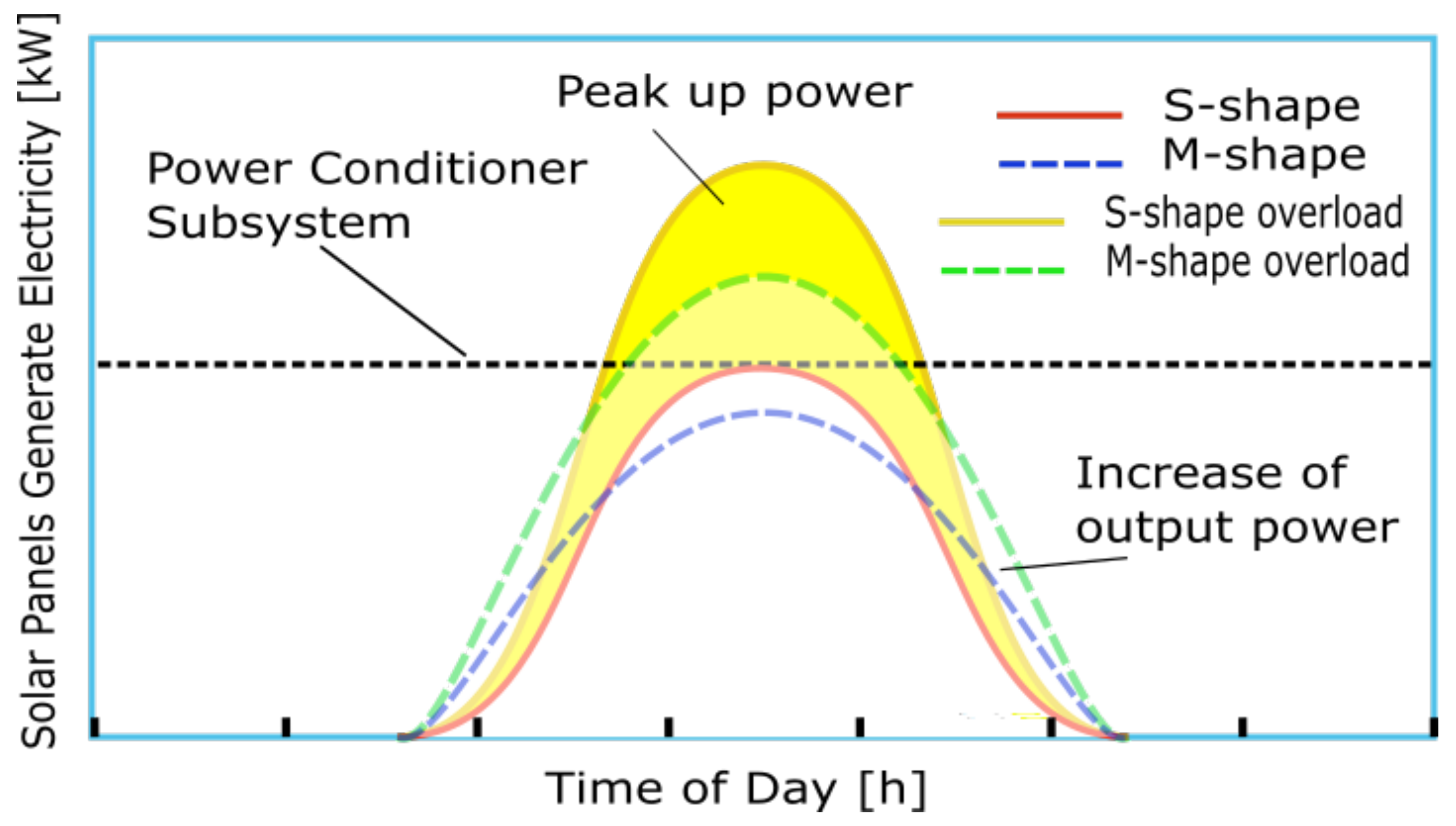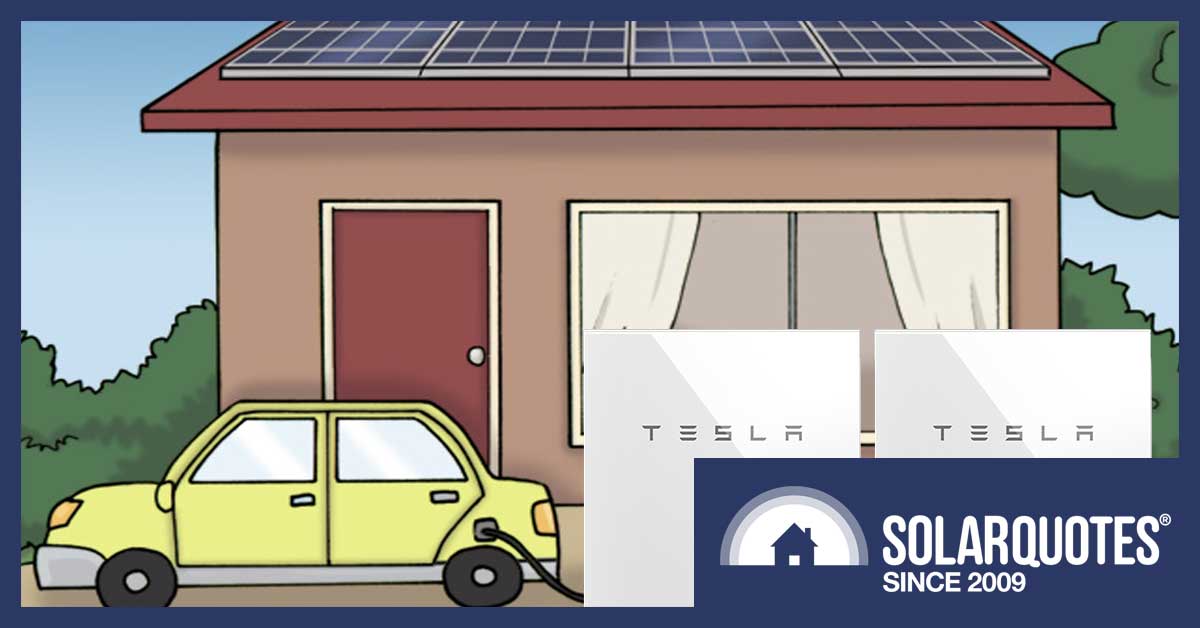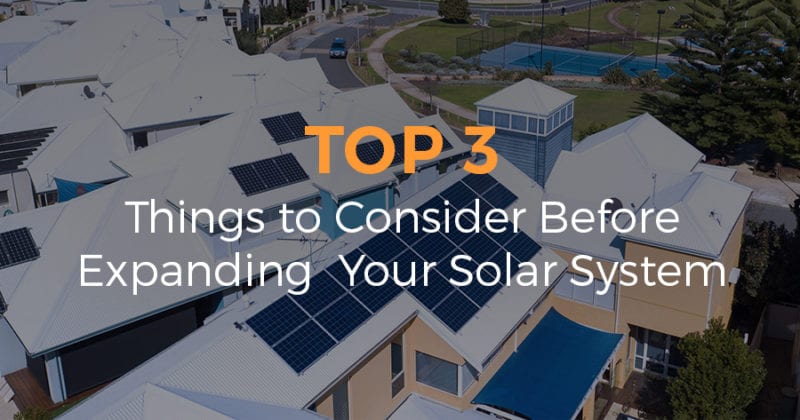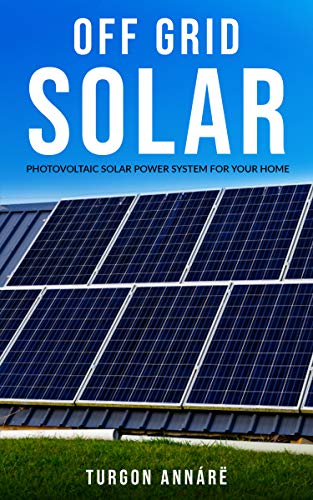The rising number of solar rooftop installations is creating concerns that too much energy is flooding into the electricity grid and could cause blackouts as the system struggles to control the excess power.
Solar panels overloading electricity grid.
Afterwards when power is needed the grid can call on the battery to deliver it.
Off grid solar homes almost always will use batteries to store their excess electricity.
Instead of sending power to the grid when too much solar electricity is being generated off grid solar homes send the power into a battery bank.
Grid tied solar systems lack battery storage which means that they provide no backup power.
Furthermore in the event of a power outage during the day you will not be able to utilize your solar panels.
An article appearing in the australian on 13 october last year titled solar panels overloading electricity grid claimed that voltage rises caused by solar installations feeding into the grid could damage computers and other household appliances.
In addition to solar panels off grid homes may use micro wind turbines diesel generators or natural gas generators to supply their electricity.
Recently the australian media reported on problems encountered with solar panel installations affecting the electric power grids of local supply authorities.
Solar panel surge is overloading the electricity grid and could lead to blackouts.
No power during grid outages.
He said solar systems drop out for a few minutes when voltages get too high a phenomenon known as tripping out.
Mr hart who owns ecosouth solar electricity said areas with a lot of solar panels pushed the voltage up to the maximum allowable level triggering shutdowns in the individual systems and taking the load off the grid.
Your panels will not produce energy at night but you will be using the credits that you generated during the day.
Another was giving the system operator greater control over people s solar panels which he said would make it easier to balance supply and demand and prevent the risk of solar overloading the grid.
So if the grid shuts down so will your solar panels.
Having electrical storage and photovoltaic panels and the software regulating it all allows the grid to communicate with the home when it s realizing a potential power overload.
The downside of being connected to the grid is that if there is a blackout your solar system will not work.
The grid theoretically could instruct the home system to charge the battery.
Except for rare solar energy euthusiasts most off grid homes are cabins and other types of remote vacation homes.
The excess energy will go into the utility grid and you will earn credits for this production.
The inverter runs to a smart meter that records the amount of energy you use and also the excess solar energy that is sent back to the utility.
